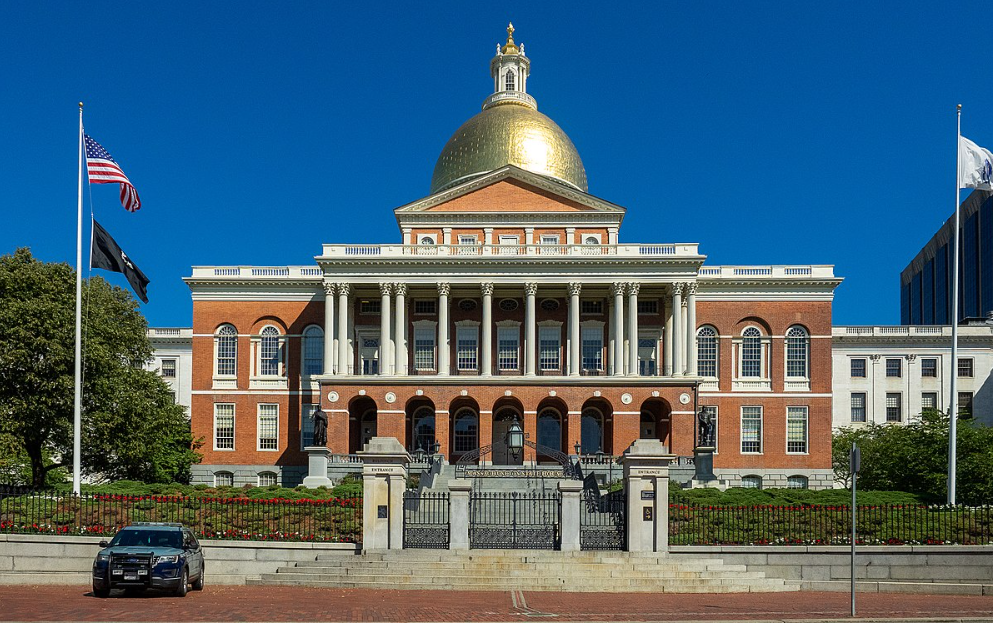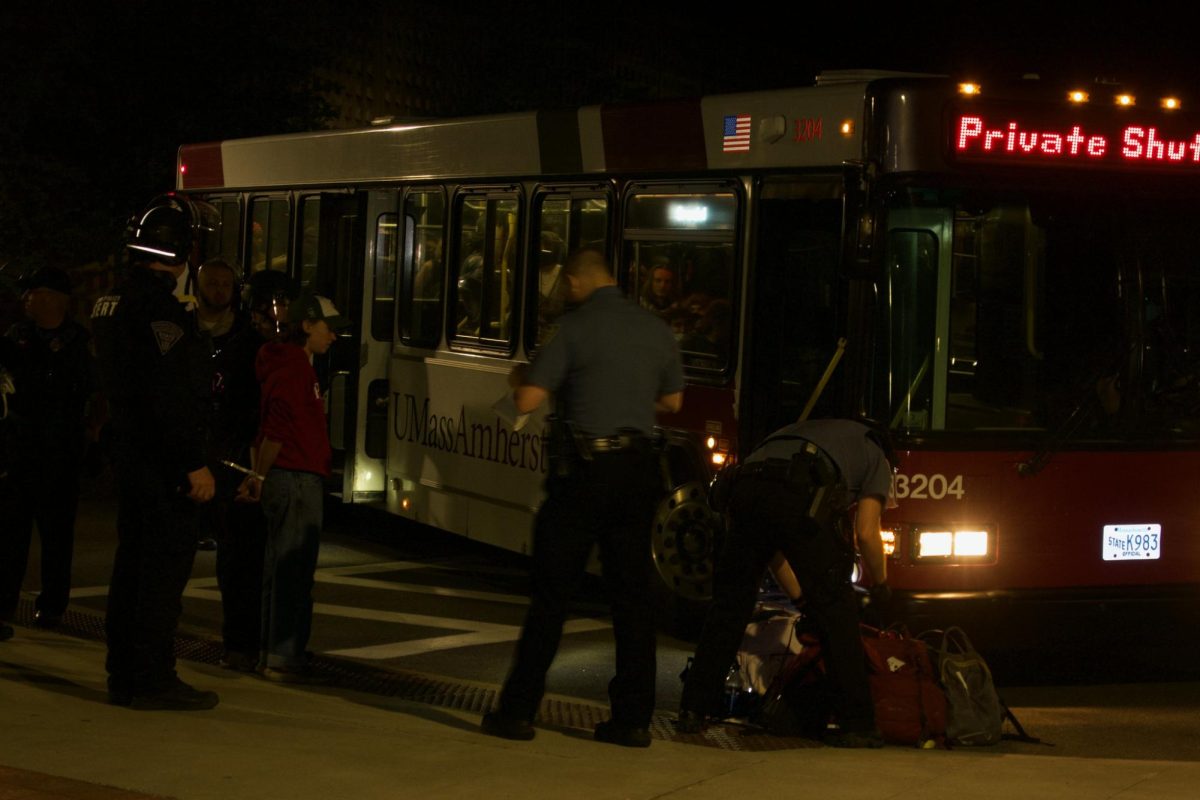Massachusetts is a liberal state. This is uncontroversial, right?
It’s a part of our common understanding that Massachusetts is a liberal state. The last time the state voted for a Republican was Ronald Reagan in 1984. It has reliably voted for Democrats since the New Deal, with notable exceptions being the two most popular Republican presidents in modern United States history, who each won their elections in landslides, Dwight Eisenhower and Reagan. Massachusetts’ Congressional delegation has been entirely blue since the mid 90’s, with another notable exception being the special election of Scott Brown in 2010. Barring a nationwide electoral landslide or a terribly run senate campaign where the Democratic candidate infamously refused to shake hands outside Fenway Park because it was cold, Massachusetts is a reliably liberal state.
Then why even pose the question? We’ve already affirmed the irrefutable fact of Massachusetts’ less than exciting voting history.
On Nov. 4, 2014, Charlie Baker, a Republican who worked in the Weld and Cellucci Administrations, won a hard fought gubernatorial campaign over the incumbent Attorney General Martha Coakley. This is the same Martha Coakley who lost against Scott Brown in 2010, and whom Politico gave the apt nickname “Martha Chokeley.”
As the chosen successor to Gov. Deval Patrick, it seemed almost inevitable that Massachusetts would hand the office to Coakley. But upon closer examination, we see why Coakley’s victory was never guaranteed. Baker ran as a moderate; conservative on fiscal issues and liberal on social issues like supporting same-sex marriage and the right to choose. He ran on a platform of reducing government waste and cutting taxes like every Republican since Reagan. So, what made him stand out in a bright-blue state?
Was it because Coakley was a uniquely terrible candidate? If we consider only her 2010 Senate run, then yes. She was highly complacent, took vacations in the middle of the campaign and seemed generally out of touch. But when she announced her candidacy in 2013, she seemed to have learned her lessons from the 2010 loss. She was not going to make the same mistakes. She went out and shook hands, campaigned throughout the state and even stood out in the cold at Gillette. Yet, she still lost.
Now, keep this race in mind as we look at a recent gaffe by Secretary of Transportation Monica Tibbits-Nutt, who at a pedestrian and public transit advocacy gathering, proposed tolls at the Massachusetts-New Hampshire border. These statements garnered wide criticism from all sides of the aisle, and Gov. Maura Healey publicly reprimanded Tibbits-Nutt.
How are these two seemingly separate incidents connected? They show a rising resentment of career politicians by Massachusetts voters and a perception of complacency amongst the Democratic Party in Massachusetts. One Coakley campaign event highlights a snapshot of this. In a state controlled by Democrats, voters were looking for strong leadership, not a rubber stamp for the legislature. But Coakley came out after six different speeches by local representatives and Democratic officials. There was no beating the perception of a rubber stamp.
This perception mixed with Coakley’s thin agenda gave Baker the advantage. He preached balance in government, fiscal responsibility and, most key, lower taxes. In a state with a fairly high tax burden, lower taxes– framed correctly– is always a popular agenda issue.
Should Democrats have been surprised Coakley lost? Yes and no. She did all the right things and learned from her mistakes, but that big blue “D” next to her name might have hurt her candidacy more than helped it.
I write this as a proud Democrat and ward chair for my local Democratic City Committee: Democrats cannot make these mistakes in 2024. We cannot have the Secretary of Transportation propose insane tolls on one of the most important economic drivers for Massachusetts and New Hampshire. State Democrats must demonstrate that they care for every Massachusetts resident and will not take this state for granted. They need to show that they are focused on governance, not running for government.
Even beyond Democrats’ own weaknesses, there are worrying signs for 2024. The MassGOP is reorganizing and may be in its strongest position since 2014. Fundraising has increased and GOP candidates are winning races. Notably, Peter Durant, a central Massachusetts Republican, flipped a State Senate seat in 2023. Momentum is building and voters are recognizing this.
Good governance requires an active and energetic government. This idea is not novel, as Alexander Hamilton wrote about it during the founding of this country. This issue is no longer a Democrat and Republican issue, it is an issue of continued accountability and effectiveness of government. Voters will respond to lethargy and complacency. This is the beauty of democracy; if the government is unsatisfactory, you can vote it out. If state leaders take this state for granted, we may see a repeat of 2010 or 2014. This is not the time for complacency. Massachusetts deserves energetic leadership and the electorate will have it, one way or another.
Samuel Cavalheiro can be reached at [email protected] or on X @samcavalheiro1.



















